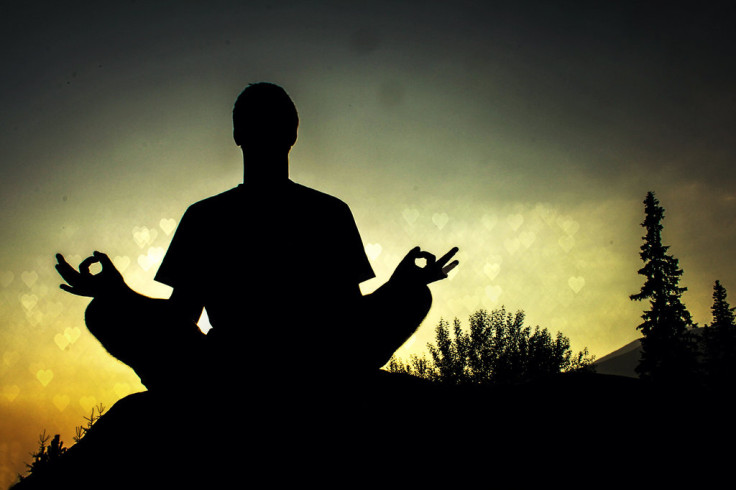How to Meditate: A Beginners Guide to Thinking Yourself Healthy

A study by the Johns Hopkins University School of Medicine has found that meditating for just half-an-hour every day can reduce the symptoms of anxiety and depression.
Findings showed that meditating could reduce symptoms in people not suffering "full blown" depression or anxiety as effectively as antidepressants.
The study, which looked at 47 clinical trials including over 3,500 patients, showed meditating could also help reduce pain and lower stress levels.
Researchers looked specifically at mindfulness meditation, a form of Buddhist self-awareness that helps people to focus precisely and nonjudgmentally on the moment at hand.
While meditating is becoming increasingly popular in Western cultures, many people who would like to begin practicing may not know where to start.
Taking up yoga may be one idea, as this incorporates meditation, breathing and stretching exercises and will help to focus the mind.
However, it is also possible to start meditating at home on your own.
Todd Goldfarb, writing for the popular blog Zen Habits, listed a how beginners can start to gain health benefits from meditating.
- Chose a room where you do not work, exercise or sleep.
- Breathing: To meditate you should breath slowly and deeply to slow the heart rate.
- Stretching: Stretching will help to loosen muscles allowing you to lie more comfortably. It also allows for greater attention to the body
- Sit or lie comfortably and try different positions until you find a relaxing pose.
- To start, you should focus entirely on your breathing to clear your mind.
- Notice your body by focusing all your attention on your feet, then move up through the body, imaging each part – including your internal organs.
- Every time your mind wanders, return to focusing on your breath.
Goldfarb recommends choosing a time when you know you will not be disturbed and to not get stressed: "This may be the most important tip for beginners, and the hardest to implement. No matter what happens during your meditation practice, do not stress about it. This includes being nervous before meditating and angry afterwards. Meditation is what it is, and just do the best you can at the time."
He says people should make meditating a formal practice by setting aside a short time every day and commit to meditating "for the long haul".
Concluding, he said: "Meditation is hard work, and you will inevitably come to a point where it seemingly does not fit into the picture anymore ... Chances are that losing the ability to focus on meditation is parallel with your inability to focus in other areas of your life!
"Meditation is an absolutely wonderful practice, but can be very difficult in the beginning. Use the tips described in this article to get your practice to the next level."
© Copyright IBTimes 2025. All rights reserved.






















